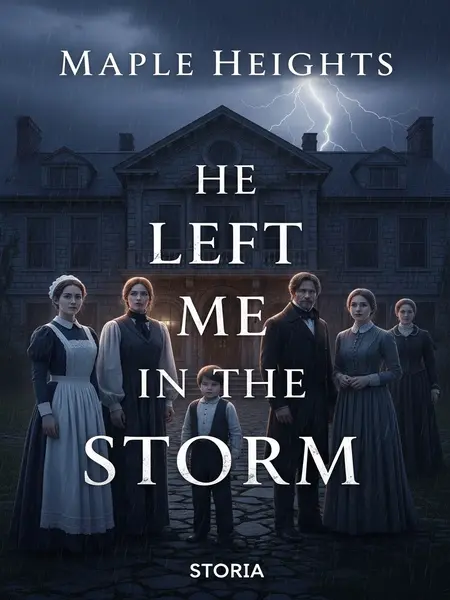Chapter 4: Kin to Power, Fortune Rises
After his older uncle Samuel died young, his younger uncle Jacob led a daring cavalry unit into a legendary standoff on the northern plains, pulling off the state’s first big victory in the border skirmishes. Not long after, he reclaimed disputed territory and became a celebrated general, second only to the governor himself.
Jacob Wheeler became a household name, his exploits retold in newspapers and taverns from Chicago to St. Louis. The story of his midnight charge across the prairie turned into legend, inspiring songs and stories for years. When he rode through Springfield in full dress uniform, children lined the streets to cheer. For the Wheelers, Jacob’s rise was a point of pride—a reminder that even the humblest beginnings could lead to something great in America.
With the governor as his uncle-in-law, a famous general as his younger uncle, and a stepfather who doted on his wife and her son—if only for family and status—Ben, who never knew the truth about his own father, grew up without a care in the world, like life was one long summer day.
Ben’s days brimmed with sunshine and stories. Jonathan Reed treated him as his own, teaching him to ride and fish on lazy Sundays. Emily’s children visited every summer, and the cousins ran wild among the lilacs. Ben never wondered about the man who’d left before he was born—he had more family than he could count, and every one of them loved him fiercely. He grew up believing the world was good, his troubles few and far between, wrapped in the warmth of those who called him their own.
Most days, he listened to the adults tell stories about his uncle’s heroic deeds. Ben—always restless—became obsessed with toy swords and sticks, turning into a die-hard fan of horses and archery.
He’d beg Jacob to show him how to tie a cavalryman’s knot or ride bareback across the fields. The walls of his room filled with wooden swords, arrows fletched from turkey feathers, sketches of famous battles. At family gatherings, Ben would leap onto the nearest chair, reenacting his uncle’s victories, drawing applause and laughter from the grownups. The other kids followed his lead, and soon the gardens of Maple Heights rang with the clatter of pretend hoofbeats and the shouts of imaginary soldiers.
The young Governor Whitmore was especially fond of this little nephew, who was always climbing fences and trees every chance he got.
Harrison would laugh and shake his head as Ben scrambled up the old oak by the carriage house, boots slipping on mossy bark. “Careful, kiddo!” he’d call, trying to sound stern, but his eyes sparkled with pride. On quiet evenings, Harrison would pull Ben onto his lap and spin stories of the state capitol, of battles won and lost, of honor and family. Sometimes Ben would fall asleep mid-story, head tucked beneath Harrison’s chin, dreaming of the day he’d do something worth remembering. And in those moments, the governor—still so young himself—felt the weight of his own choices, and the hope that maybe, just maybe, the next generation would find a way to do better than the last.













